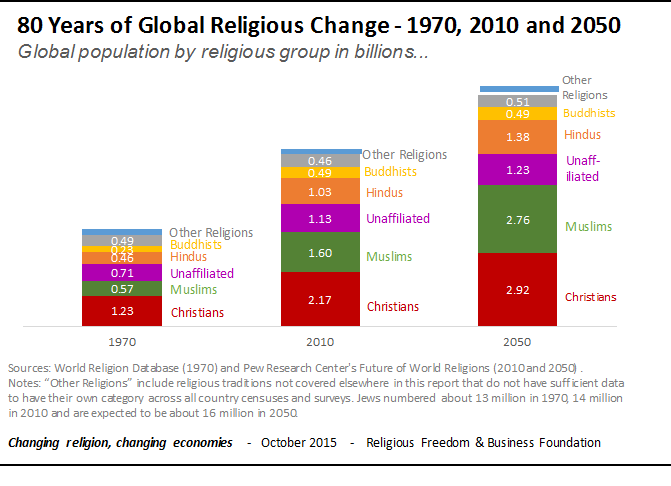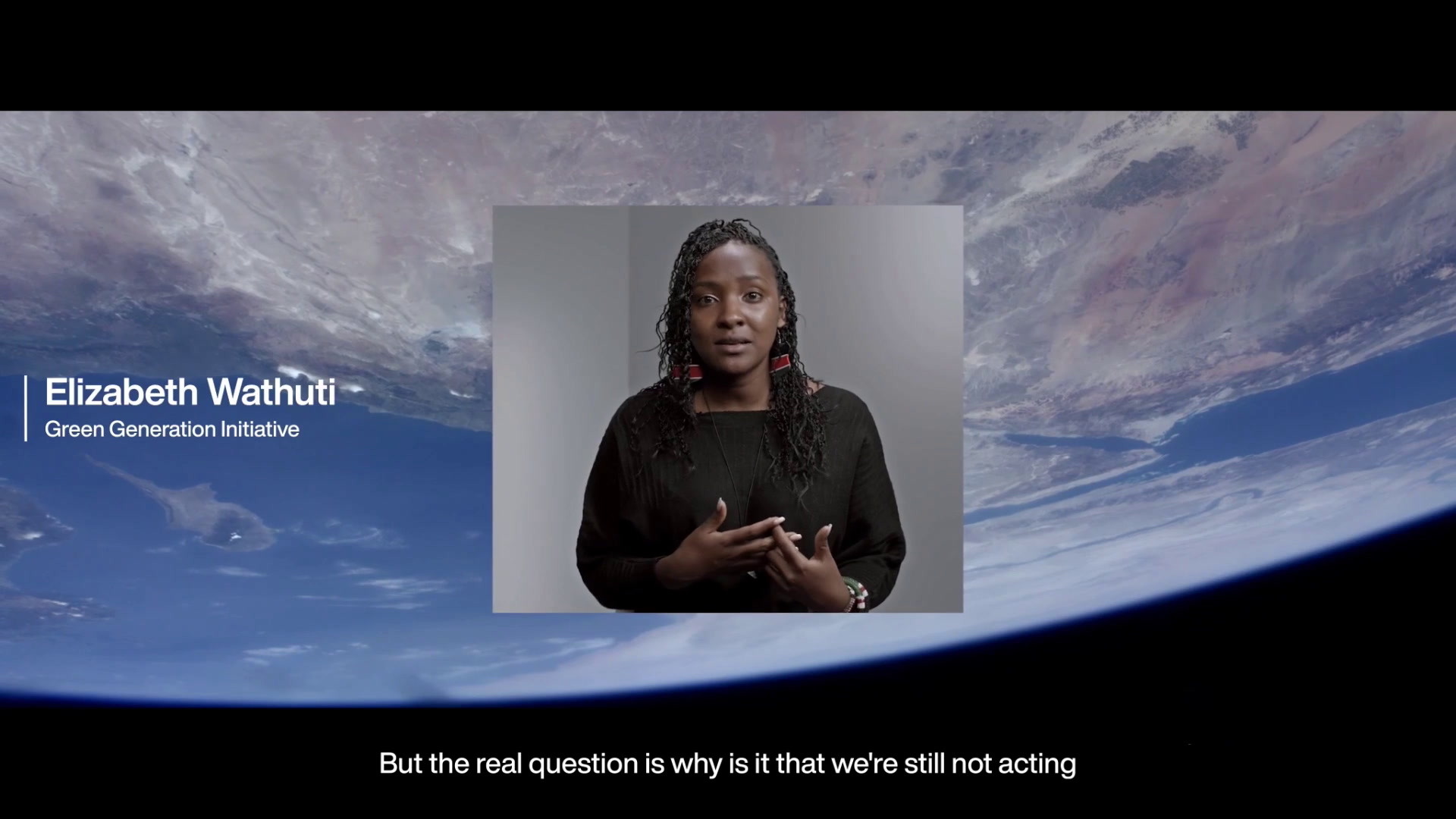How strongly do different nationalities feel about religion?

Articles of faith ... new measures show differences in national attitudes to religion Image: REUTERS/Toru Hanai

Get involved with our crowdsourced digital platform to deliver impact at scale
Stay up to date:
Roles of Religion
Ethiopians consider religion most important to who they are, according to Pew Research Center data.
The 2015 Global Attitudes survey looked at how people around the world feel about religion. The survey found that 98% of Ethiopians consider religion a very important part of who they are.

Source: Statista
In Ethiopia, nearly all of those questioned said that the Ethiopian Orthodox Church was a very important part of who they are. Another African nation, Senegal, follows in second place. In the predominantly Muslim nation, 97% of the population consider religion an important part of who they are.
Other nations where more than nine in 10 people feel strongly about religion include Indonesia, Pakistan and Burkina Faso.
The bigger picture
Overall, religion is more important to people in the developing world, with the world’s major economies returning much lower percentages. The United States is an exception to this – over half of Americans consider their religion important to who they are.
In many of the world’s economic powerhouses, the number of people who consider religion important is around 20% or less. For example, in the United Kingdom and Germany only around one in five people said religion was very important in their lives.
The Chinese feel least strongly about religion by some distance – fewer than one in 20 people said it was very important.
The future of global religion
Changing global demographics and populations will see the global religious landscape change significantly by 2050.
By this time the global Muslim population will have nearly caught up with Christians, according to Pew research. Conversely, the number of people who are unaffiliated with any religion will increase much more slowly. This will result in them representing a much lower percentage of the global population.

Have you read?
Don't miss any update on this topic
Create a free account and access your personalized content collection with our latest publications and analyses.
License and Republishing
World Economic Forum articles may be republished in accordance with the Creative Commons Attribution-NonCommercial-NoDerivatives 4.0 International Public License, and in accordance with our Terms of Use.
The views expressed in this article are those of the author alone and not the World Economic Forum.
The Agenda Weekly
A weekly update of the most important issues driving the global agenda
You can unsubscribe at any time using the link in our emails. For more details, review our privacy policy.
More on Roles of ReligionSee all
Noorzehra Zaidi
March 28, 2023
Natasha Mikles
November 4, 2021
Claire Jenik
August 26, 2021
Menna A. Farouk
August 26, 2021
Philip Pullella and Giulia Segreti
July 12, 2021






